Polypropylene (PP), High-Density Polyethylene (HDPE), and Danline ropes are among the most versatile and commonly used types of ropes in various industries. Each type offers unique properties and benefits, making them suitable for a wide range of applications. In this article, we will explore the characteristics, applications, advantages, and disadvantages of polypropylene (PP), high-density polyethylene (HDPE), and Danline ropes.
Introduction to Polypropylene (PP), High-Density Polyethylene (HDPE), and Danline Rope
Polypropylene (PP), high-density polyethylene (HDPE), and Danline ropes are synthetic ropes known for their strength, durability, and versatility. They are widely used in industries such as marine, construction, agriculture, and transportation due to their excellent performance and affordability.
Properties of Polypropylene (PP) Rope
Strength and Durability
Polypropylene (PP) rope is known for its high strength-to-weight ratio, making it suitable for various heavy-duty applications. It offers excellent resistance to abrasion and moisture, ensuring long-term durability even in harsh environments.
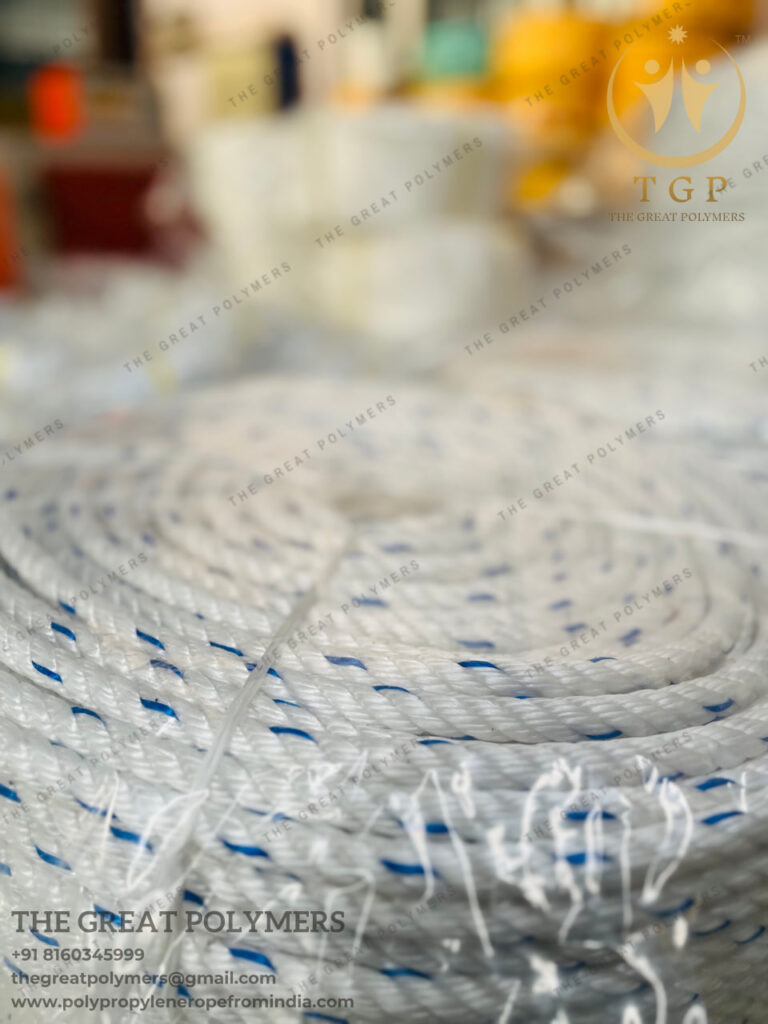
Resistance to Chemicals and UV Rays
One of the key advantages of polypropylene (PP) rope is its resistance to chemicals and UV rays. This makes it ideal for outdoor use, as it can withstand exposure to sunlight and harsh chemicals without degrading.
Lightweight and Floatable
Polypropylene (PP) rope is lightweight and buoyant, making it perfect for marine applications such as boating, fishing, and water sports. Its buoyancy ensures that it floats on water, making it easy to handle and retrieve.
Applications of Polypropylene (PP) Rope
Polypropylene (PP) rope finds wide-ranging applications across various industries, including:
- Marine Industry: Used for mooring lines, towing lines, and general-purpose marine applications.
- Construction Sector: Ideal for construction sites for lifting, securing, and tying down materials.
- Agriculture and Farming: Used for baling, fencing, and general farm tasks due to its strength and durability.
Advantages and Disadvantages of Polypropylene (PP) Rope
Advantages
- High strength-to-weight ratio
- Resistance to chemicals and UV rays
- Lightweight and floatable
- Affordable
Disadvantages
- Susceptible to degradation from prolonged exposure to sunlight
- Low melting point compared to other synthetic ropes
Properties of High-Density Polyethylene (HDPE) Rope
High-density polyethylene (HDPE) rope is renowned for its exceptional strength, durability, and chemical resistance. It is made from high-density polyethylene fibers, which are known for their superior tensile strength and abrasion resistance.
High Strength and Durability
HDPE rope offers outstanding tensile strength and durability, making it suitable for heavy-duty applications such as lifting, towing, and securing loads.
Chemical Resistance
HDPE rope is highly resistant to chemicals, oils, and solvents, making it ideal for use in industrial settings where exposure to corrosive substances is common.
Lightweight and Flexible
Despite its robustness, HDPE rope is lightweight and flexible, allowing for easy handling and knotting. It is also resistant to moisture, mildew, and rot, ensuring long-term performance even in humid conditions.
Applications of High-Density Polyethylene (HDPE) Rope
High-density polyethylene (HDPE) rope is widely used in various industries, including:
- Fishing and Aquaculture: Used for trawling, netting, and longlining due to its strength and durability.
- Outdoor and Recreational Activities: Ideal for camping, hiking, and boating due to its lightweight and weather-resistant properties.
- Transportation and Logistics: Used for cargo securing, towing, and lashing during transportation of goods.
Advantages and Disadvantages of High-Density Polyethylene (HDPE) Rope
Advantages
- Exceptional strength and durability
- Chemical resistance
- Lightweight and flexible
- Low stretch characteristics
Disadvantages
- Relatively higher cost compared to polypropylene (PP) rope
- Limited color options compared to synthetic ropes
Introduction to Danline Rope
Danline rope is a type of synthetic rope known for its superior strength, abrasion resistance, and knot stability. It is made from high-quality polypropylene fibers, which are twisted to form a dense and resilient rope.
Properties of Danline Rope
Superior Strength
Danline rope offers excellent tensile strength and abrasion resistance, making it suitable for demanding applications such as marine, construction, and agriculture.
Abrasion Resistance
Danline rope is highly resistant to abrasion, making it ideal for use in rough environments where contact with sharp edges or rough surfaces is common.
Knot Stability
Danline rope maintains its knot stability even under heavy loads, ensuring reliable performance in critical applications such as towing, lifting, and rigging.

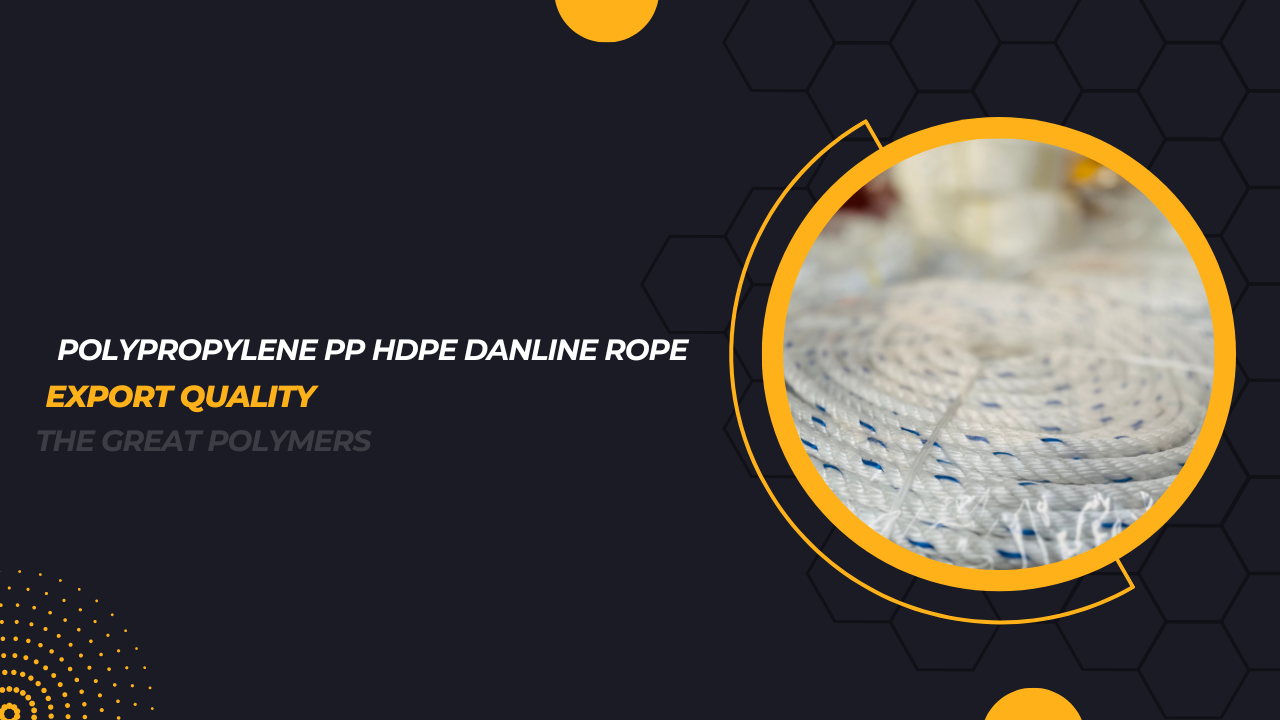


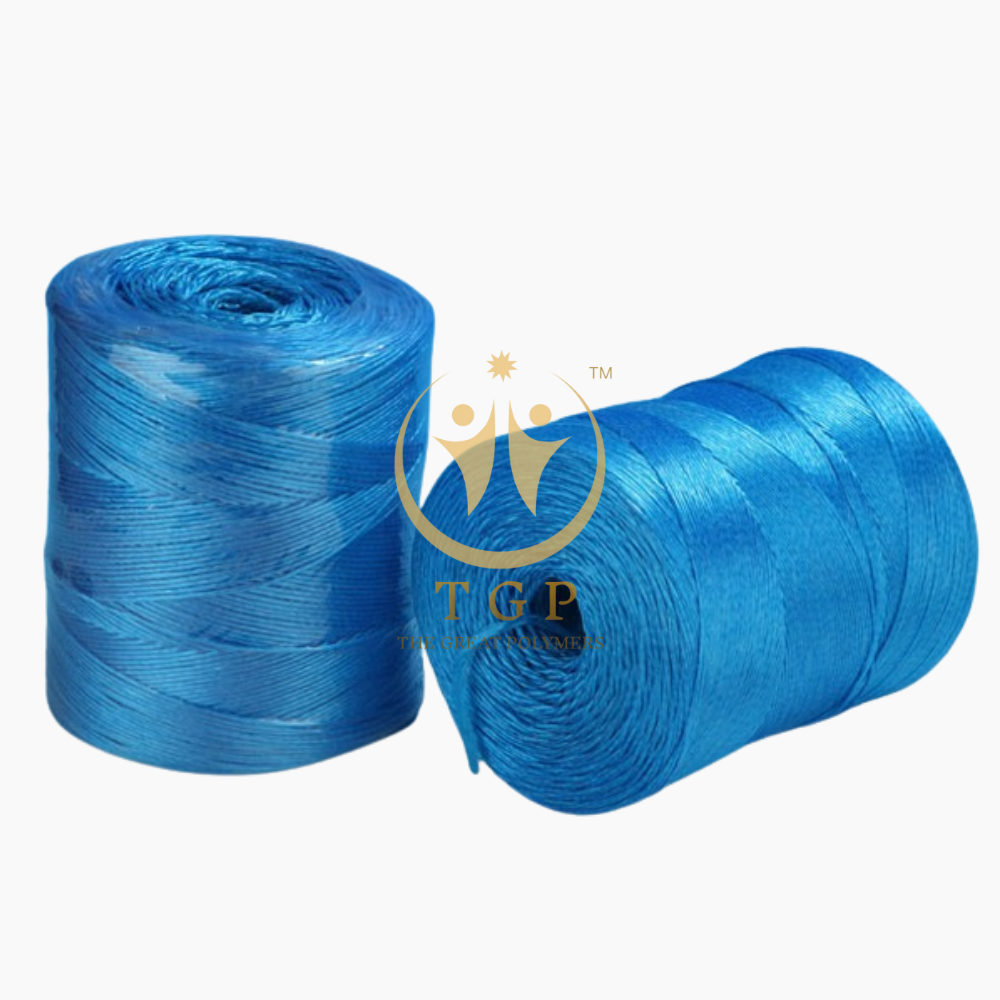
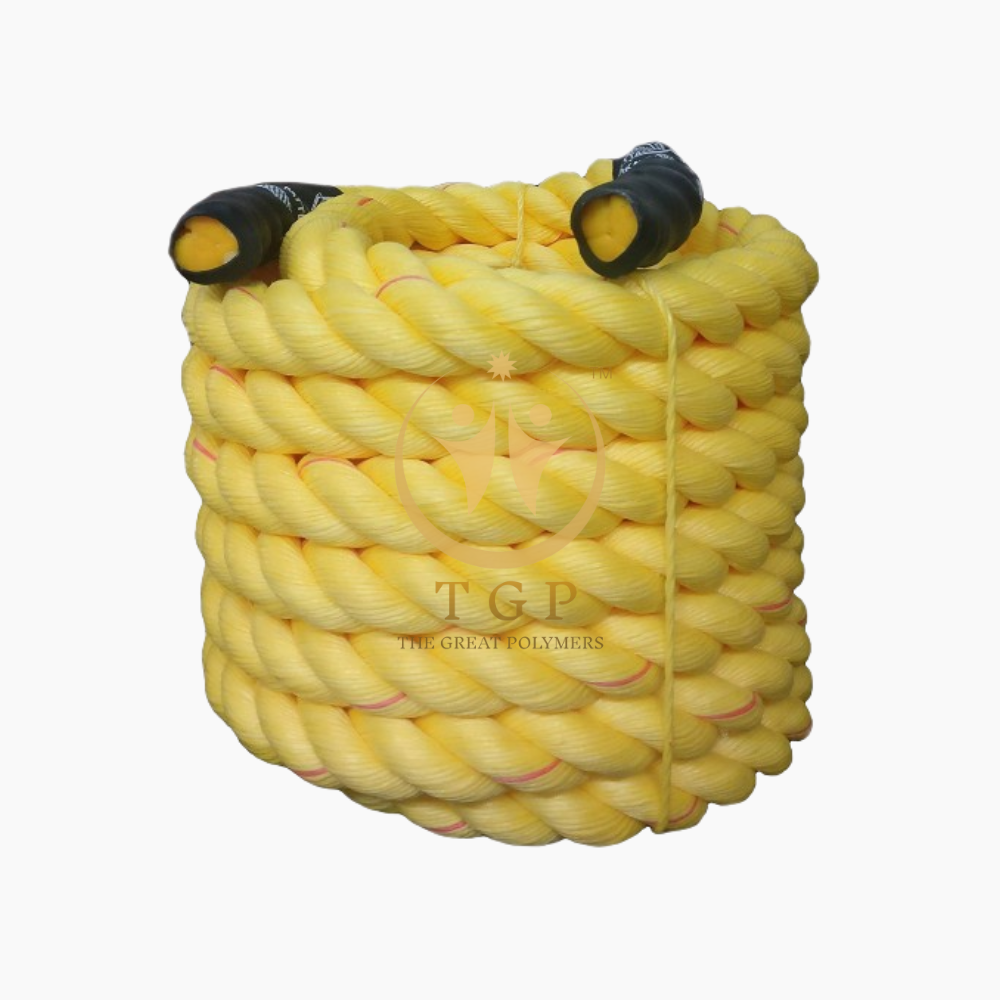
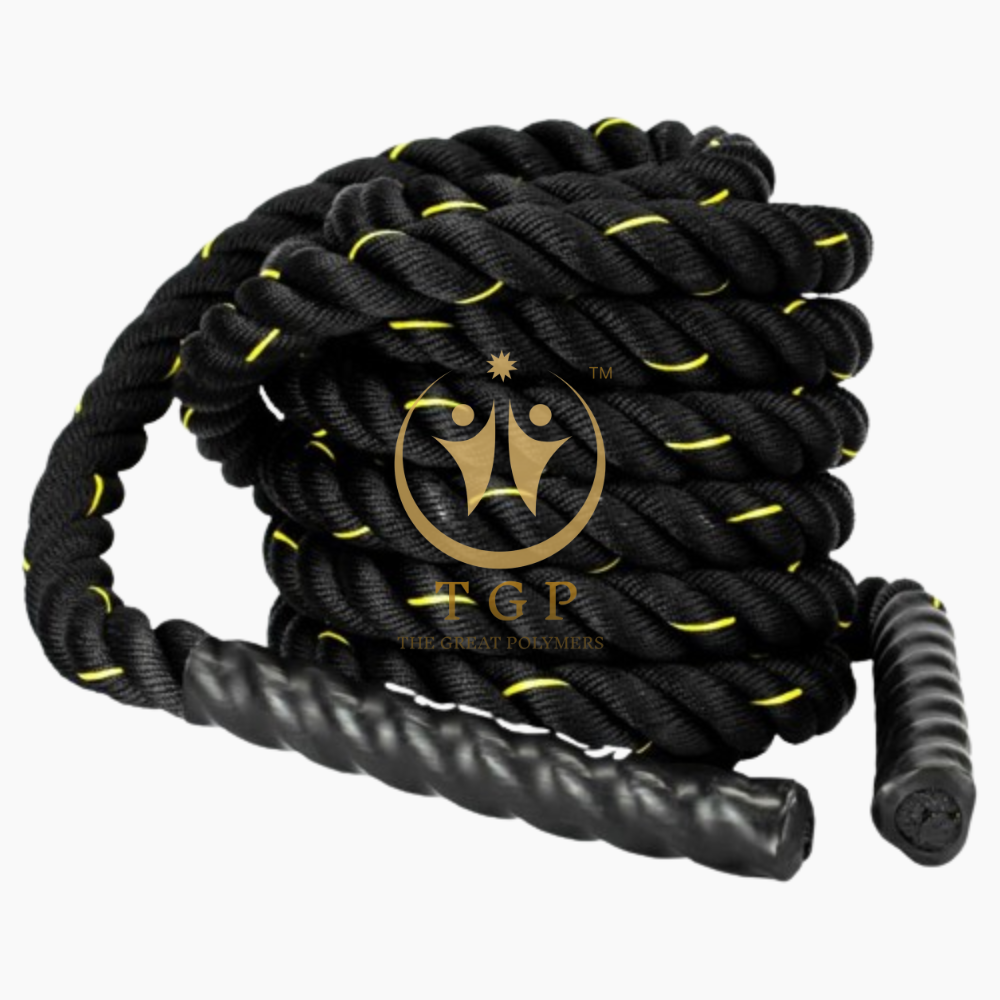
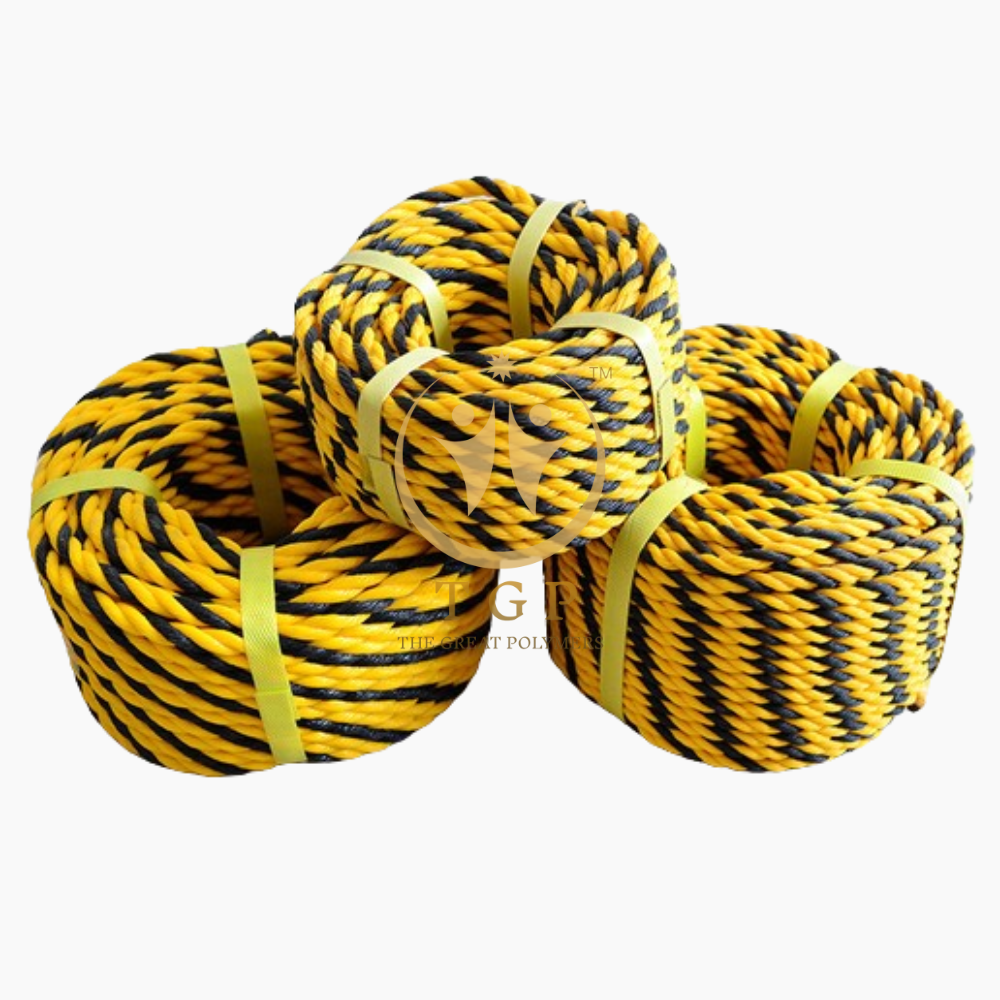

Leave a reply